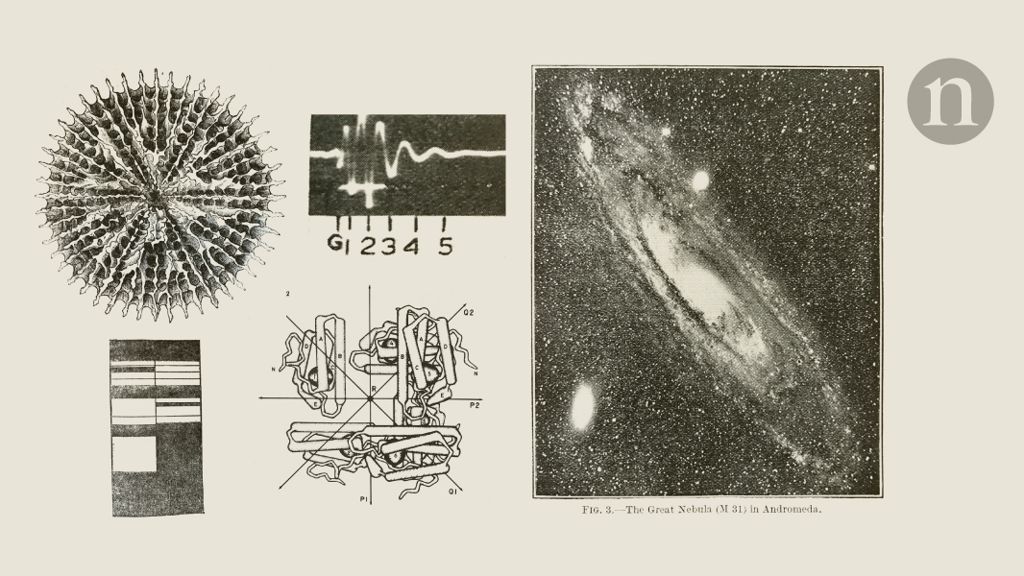50 Years Ago
A way to approach the problem of quantifying the economic benefits from curiosity-oriented research has recently been suggested by Byatt and Cohen. It consists essentially of identifying key discoveries which have had profitable applications and then estimating the economic effects of notional marginal delays in the timing of these discoveries; that is, of attempting to assess how much less wealth, suitably discounted to a common year, would have arisen if, because of a smaller scale of effort in particular areas of research, certain discoveries had been made later than they actually were … From the studies we have summarized, we conclude that Byatt–Cohen type innovations are quite difficult to find, let alone investigate. Interactions between science and technology are usually too complex for the method of notional marginal delay. Only rarely is it possible to pinpoint specific curiosity-oriented discoveries from which wealth-producing applications are derived. Even when this can be done, other factors affecting the timing of innovations, such as market factors or war-time pressures, obscure the effects of possible delays in discoveries.
150 Years Ago
Since men of science … have proved by repeated and well-conducted experiments that there is life in the ocean, that there are moving, sensible, living creatures, of nearly every description, in its deepest recesses, it seems rather an idle question … which has been raised lately about their manner of living there; how they get their food where no plant of any description has ever grown; whether they take in their food by intussusception with a mouth … Yet these seemingly idle questions when treated by men of science and of experience may become the source of discoveries far greater and more important perhaps than they anticipated. Thus it is that the indefatigable Italian diatomist, Count Castracane, after having proved the very abundant growth of his puny protégés in the brackish waters of the Maremme and Paludi pontine, did not esteem it a bootless task to search for what they live upon, and also why they suddenly die away nearly all at once … [H]e goes on to state that nothing is so fatal to the life of marine or even brackish water diatoms as a sprinkling of pure fresh water … From this fact he comes to the very probable conclusion that the sudden dying away of myriads of diatoms, besides, perhaps, myriads of other living creatures, during the rainy season might be, if not the only, at least one of the most efficient causes of malaria.


